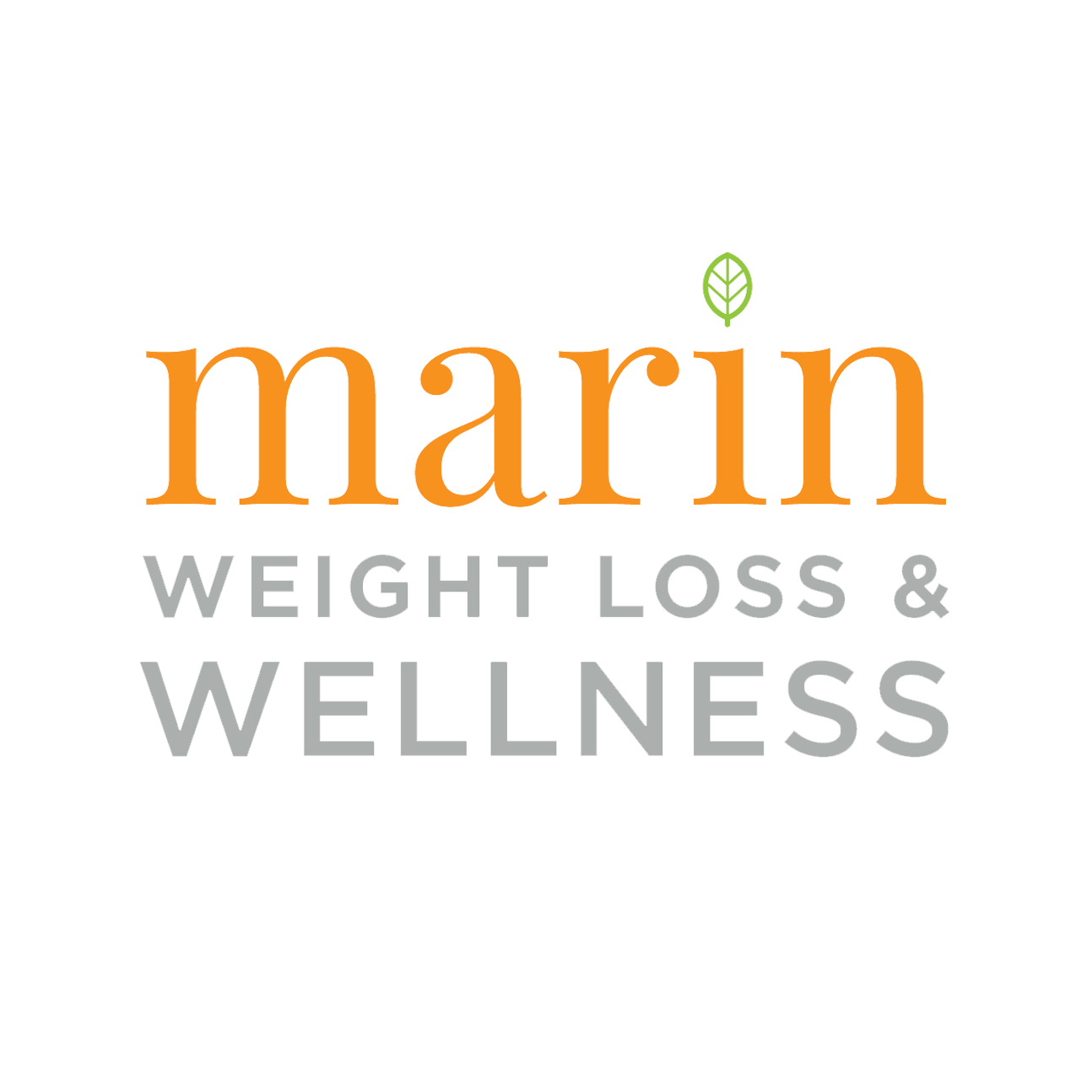Link Between PCOS and Weight Gain: What You Need to Know
If you're finding it difficult to lose weight despite maintaining a healthy diet and exercising regularly, it might be worth considering the possibility of PCOS. Polycystic Ovary Syndrome (PCOS) is a prevalent hormonal condition that impacts millions of women.
One of the most challenging aspects of PCOS is unexplained weight gain, which can be difficult to manage due to underlying metabolic and hormonal imbalances. Understanding the connection between PCOS and weight gain is essential for effective management and improved health outcomes.
Let’s break down why PCOS leads to weight gain and what you can do about it.
Why Does PCOS Cause Weight Gain?
PCOS is a hormonal disorder that affects the way your body processes insulin and regulates metabolism. Here’s how it leads to weight gain:
1. Insulin Resistance
Many women with PCOS have insulin resistance, meaning their bodies don’t use insulin effectively. This causes higher insulin levels, which trigger the body to store more fat - especially around the abdomen. High insulin levels also make it harder to lose weight.
2. Hormonal Imbalance
PCOS causes an imbalance in hormones like estrogen, progesterone, and androgens (male hormones). Elevated androgen levels can lead to weight gain, especially in the midsection, and make it difficult to shed pounds.
Get to know how hormones impact your weight!
3. Slower Metabolism
Studies show that women with PCOS may have a slower metabolism compared to those without the condition. This means that even if you eat the same amount as someone without PCOS, your body may store more of it as fat.
4. Increased Hunger and Cravings
Hormonal imbalances and insulin resistance can increase hunger and lead to sugar and carb cravings. This can result in overeating, further contributing to weight gain.
5. Chronic Inflammation
PCOS is often linked to chronic inflammation, which can promote fat storage and make it harder to lose weight.
How to Manage PCOS-Related Weight Gain
While PCOS makes weight loss challenging, it’s not impossible. Here are some effective strategies to help manage your weight:
1. Adopt a Balanced Diet
Focus on whole foods: Opt for fresh vegetables, fruits, lean proteins, and healthy fats.
Choose complex carbs: Replace refined carbs (white bread, pasta) with whole grains, legumes, and fiber-rich foods to regulate blood sugar.
Limit sugar and processed foods: Reducing sugary snacks and processed foods helps control insulin levels.
Explore - Top 5 Foods with Low Calories High Protein
2. Exercise Regularly
Strength training: Helps build muscle and improve metabolism.
Cardio workouts: Activities like walking, jogging, or swimming can improve insulin sensitivity.
Yoga and Pilates: These can help reduce stress and support hormonal balance.
3. Manage Stress
Stress increases cortisol, a hormone that can lead to weight gain. Try stress-reducing activities like meditation, deep breathing, or spending time in nature.
4. Get Enough Sleep
Poor sleep affects hormones that control hunger and metabolism. Aim for 7–9 hours of restful sleep each night.
5. Consider Supplements
Inositol: Helps improve insulin sensitivity.
Vitamin D: Many women with PCOS have low levels, which can affect weight management.
Omega-3 fatty acids: Can help reduce inflammation and balance hormones.
6. Professional Support for Weight Loss
For women struggling with weight management despite lifestyle changes, seeking professional guidance is beneficial.
Achieve your weight management goals with Marin Weight Loss & Wellness! Whether you're looking to lose weight, maintain a healthy balance, or improve your overall wellness, our personalized weight loss programs are tailored to fit your unique needs.
With expert guidance and practical advice, we help you develop sustainable habits that make healthy living easier and more enjoyable.
Warning Signs Associated with PCOS and Weight Gain
PCOS-related weight gain often comes with other symptoms that can signal hormonal imbalances. Some of the warning signs include:
Unexplained Weight Gain: Rapid or steady weight gain, especially around the abdomen.
Irregular Periods: Missed, infrequent, or prolonged menstrual cycles.
Excessive Hair Growth (Hirsutism): Unwanted hair on the face, chest, or back due to high androgen levels.
Thinning Hair or Hair Loss: Androgen-related hair thinning or male-pattern baldness.
Severe Acne and Oily Skin: Persistent acne due to hormonal imbalances.
Fatigue and Low Energy Levels: Chronic tiredness due to metabolic issues.
Mood Swings and Depression: Hormonal fluctuations affecting mental health.
Sleep Disturbances: Increased risk of sleep apnea and poor-quality sleep.
Check out Role of Sleep in Weight Loss and Healthy Living
PCOS and weight gain are deeply interconnected due to insulin resistance, hormonal imbalances, and metabolic dysfunction.
Managing weight with PCOS can be challenging, but with the right dietary choices, exercise, medical support, and lifestyle modifications, it is possible to achieve a healthier balance.
If you or someone you know is struggling with PCOS-related weight gain, consulting with a healthcare professional or a specialized weight loss program can provide effective solutions tailored to individual needs.


